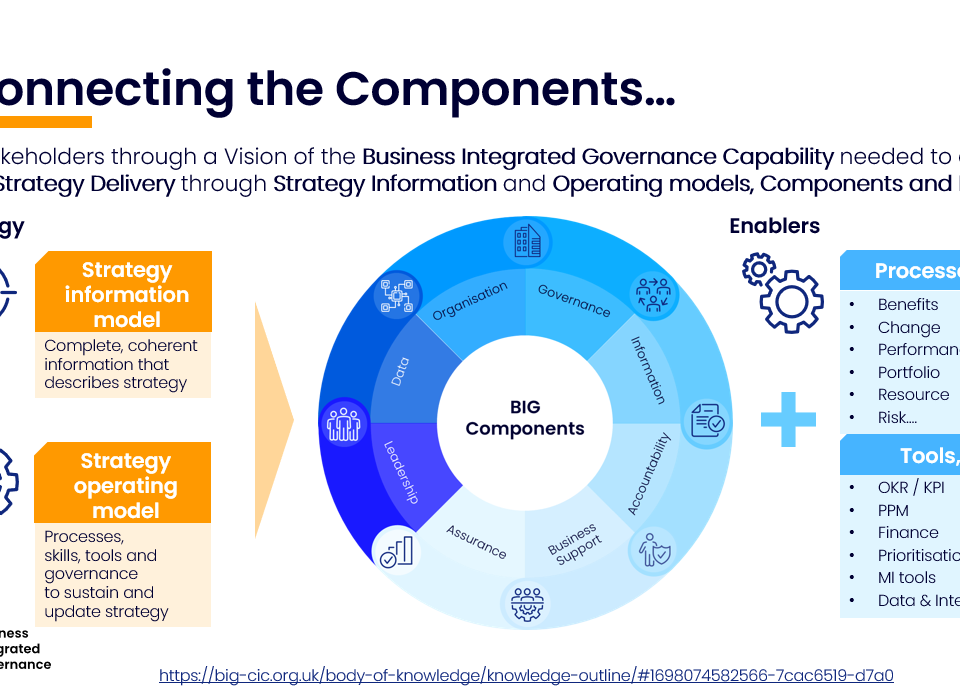
Connecting PMO with the Business as part of The Big PMO Adoption
May 22, 2024
Using Business Integrated Governance to improve Strategy Delivery – Strategy Perspective and Deep Dive
May 31, 2024In this article, we suggest it probably is, and suggest simply thinking expanded PMO Service is the answer isn't going far enough...
Read this, then join our wider discussion of the subject on 12th June with our friends at TransparentChoice...(see below)
The question is – do we all like a good fight, as it seems like many of our organisations set up their project communities for ongoing battles. Bear with me…
For centuries – we have focused on getting better and better at project management. We have methods, processes, tools, support functions, and with them training courses, consultants, service providers. We have no excuses for bad project management.
Latterly – we’ve realised that we have to make choices about projects – and portfolio management has emerged as a discipline to take strategic objectives for change and provide project and programme management focus (Management of Portfolios is now 13 years old!).
However – we can only get so good at managing portfolios of projects with our skills and abilities before the external business environment gets in our way and limits the value we can extract from projects. We see it all the time…
2 areas of concern – Operational and Strategic integration.
Firstly – project managers have to interact with the outside world. Unless in a self-contained bubble, we need to:
- Secure leadership time
- Secure funding / resource allocations
- Manage dependencies
- Access performance data
If any of these interactions are wobbly – our project success will be wobbly too. For example – I can plan my tasks are carefully as possible – but if I can’t coordinate with partners in the business – my planning is jelly. If we can’t see emerging risks – we can’t steer them from becoming issues. If there is a 3 month lag on performance data – it’s too late to course correct. See what I mean - lots of causes of stress and possible fighting.
Secondly – we need to work within strategic priorities – but what are they and how will shifts in priority affect me? Of course tactically – I can look at any list of projects and review their merits vs costs carry out a prioritisation. But what if a line manager redirects resources allocated to my project to do ‘important BAU work’. Who makes the call on the importance of the BAU work vs the project? Both may be driving strategic objectives.
Furthermore - what if the business discovers a significant emergent corporate opportunity / threat to manage? The business (CEO) will throw resource at it – but what damage does that do to my projects?
In conclusion:
- There are Operational Integration factors which will limit the ability of projects to deliver value because we make it operationally difficult to deliver cross functionally
- ‘Portfolio’ cannot mean just ‘Project Portfolio’ when considering strategy delivery as we face choices between objectives across change (projects), BAU and value creation workloads
By wrapping strategy delivery with Business Integrated Governance, we can provide greater Operational Integration to enable project managers to flourish, and provide Strategic Integration to ensure we systematically balance across all our workloads – not just projects. Unless of course everyone likes a good fight?
In addition to the content raised above, we'll hear viewpoints from:
- Esteemed PMO executive leader, Alexander David, will draw on various case studies to illustrate both the challenges and rewards of making this transition.
- Dan Dures, VP of Customer Success at Transparent Choice, will also give practical examples of how this works using TransparentChoice software.


